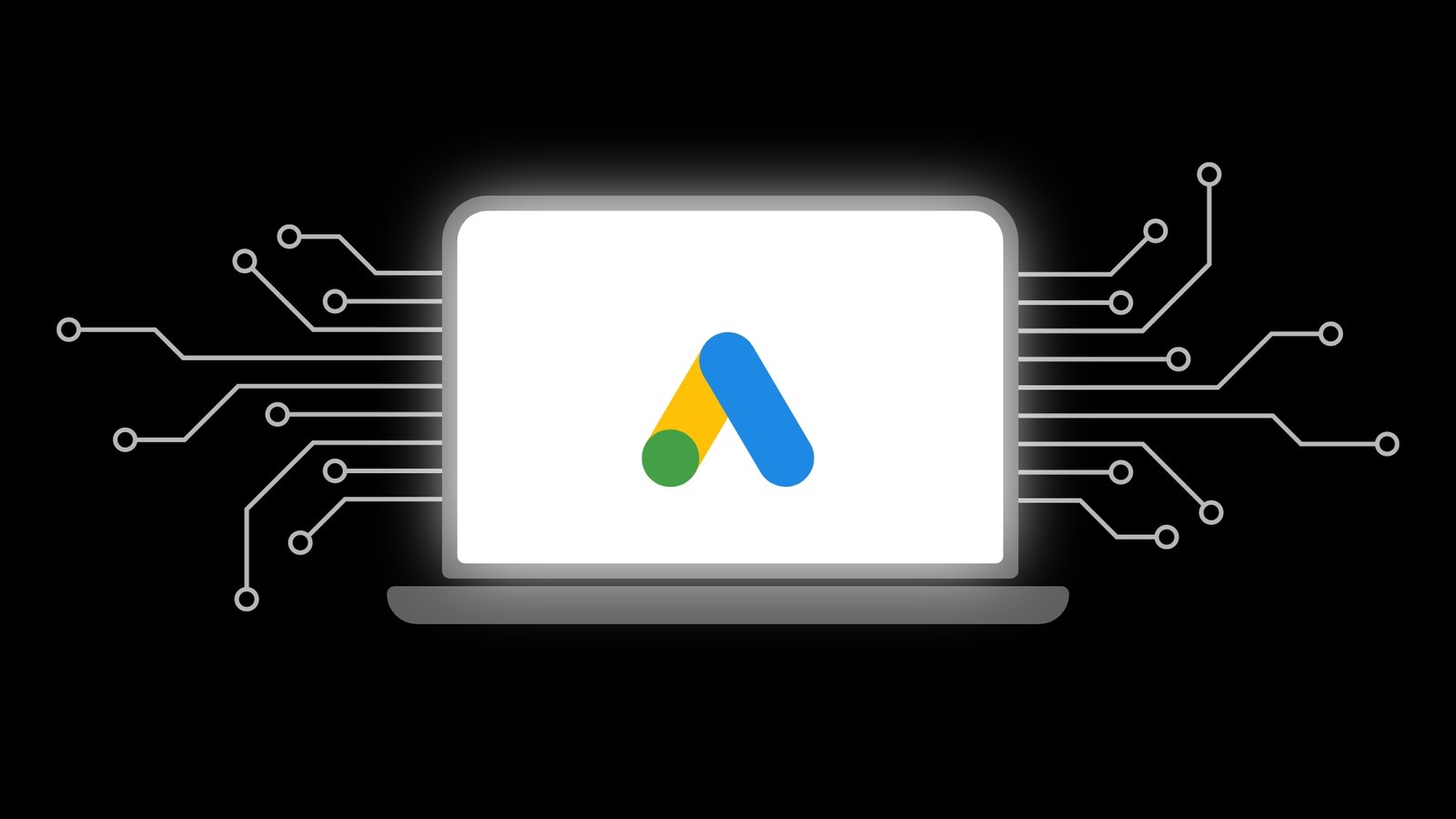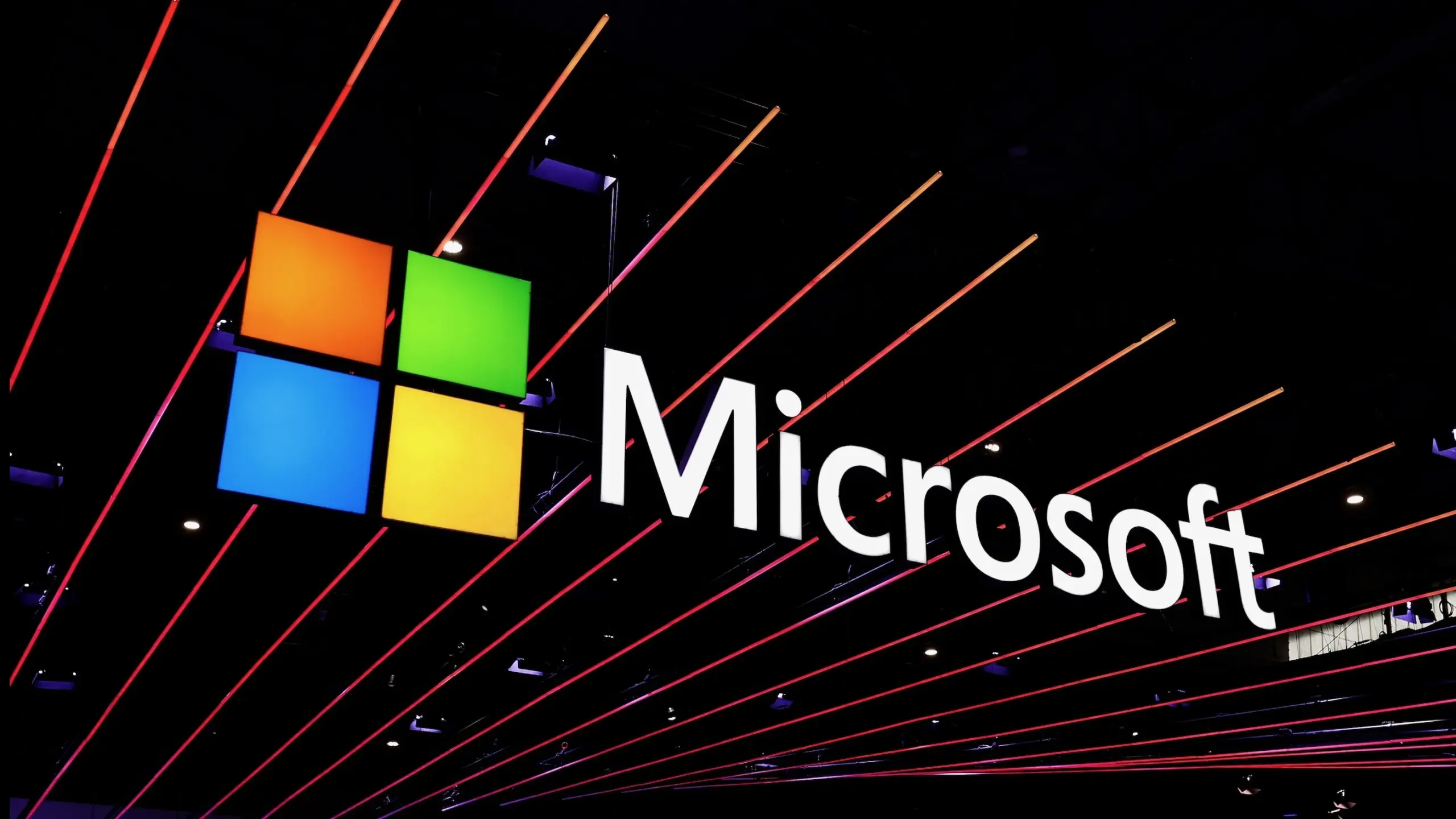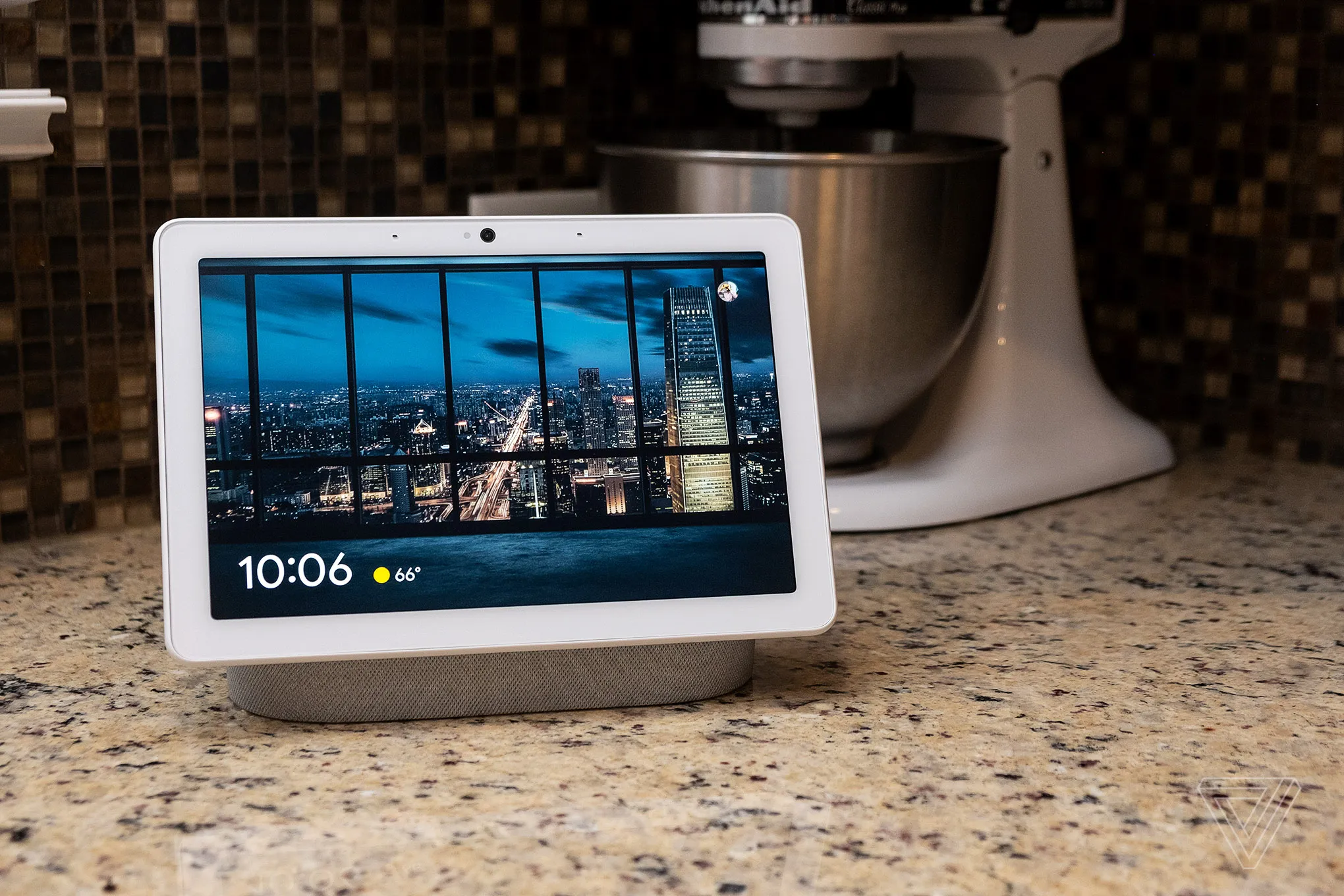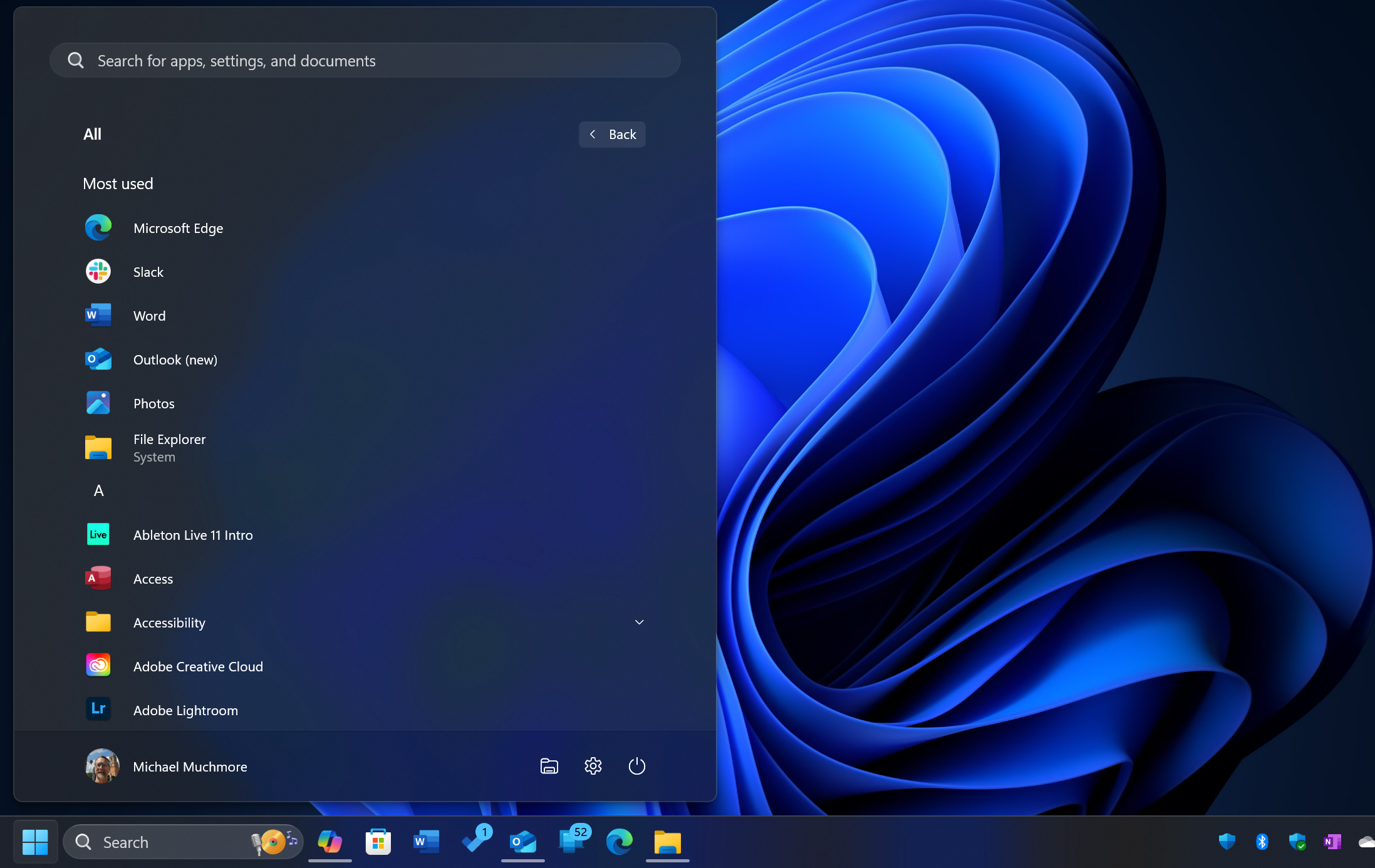As we look towards the future of digital advertising, Google’s integration of Artificial Intelligence (AI) is reshaping the landscape, offering advertisers new tools to enhance campaign effectiveness and engage consumers more deeply.
The Integration of Generative AI in Google Ads
Google has been at the forefront of integrating AI into its advertising platforms, particularly through updates like Performance Max (PMax) campaigns which now allow for mass production of creative assets using Generative AI. This development is a part of a broader trend where AI aids in creating ads faster and tailoring them more effectively to individual brand needs.
Enhanced Shopping and Search Experiences
With the introduction of immersive, AI-powered shopping ads, Google aims to bridge the gap between and the in-store experience. Features such as Virtual Try-On and 3D ads enhance consumer confidence by allowing a more interactive product exploration before making a purchase. Similarly, AI is being tested in dynamic ad experiences within search results, guiding consumers through complex purchasing decisions by recommending tailored products based on the provided information.
Evolving Campaign Strategies with AI
AI’s influence extends to demand generation campaigns, where it is used to pinpoint high-intent leads by analyzing data to target customers in the consideration phase of their buying journey. This approach not only improves the precision of targeting but also enhances the personalization of ads, increasing engagement and potential conversions.
Challenges and Considerations
While these advancements offer significant benefits, they also present challenges, particularly in how much control advertisers have over their campaigns. The increasing reliance on AI can lead to a reduction in manual adjustments and potentially over-optimized campaigns that may not always align with the advertisers’ strategic goals.
The Road Ahead
As Google continues to innovate with AI, it remains essential for advertisers to stay informed and adapt to these changes. The rapid development of AI tools within Google Ads signals a shift towards more automated, data-driven advertising strategies that require a new understanding of digital marketing dynamics.
This overview suggests that while AI offers exciting opportunities for marketing innovation, advertisers must navigate these changes thoughtfully to leverage AI effectively while maintaining strategic control over their campaigns.










Add Comment